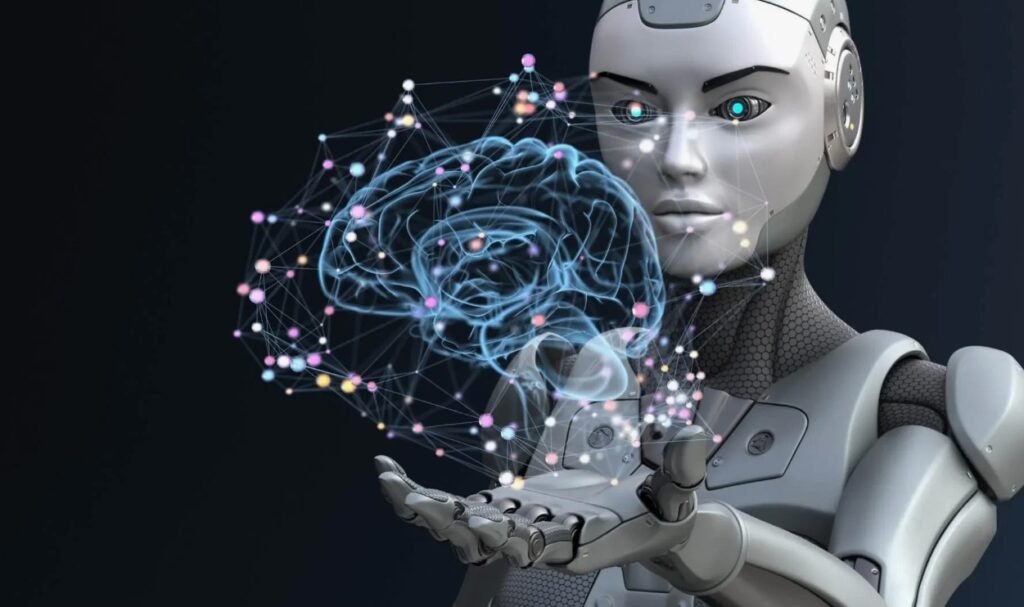Disruptive technologies have reshaped the way businesses operate, economies evolve, and societies progress. These innovations, often characterized by their ability to challenge and displace established systems, are at the heart of the BUSBIS 1660 course, which delves into their transformative impact. By examining the principles, implications, and applications of disruptive technologies, students gain a comprehensive understanding of their role in modern industries and the global economy.
What Are Disruptive Technologies?
Disruptive technologies are innovations that significantly alter or replace existing systems, markets, or industries. Unlike incremental improvements, these breakthroughs introduce new approaches that render traditional methods obsolete. Examples include the rise of the smartphone, cloud computing, and renewable energy solutions. They not only redefine operational efficiency but also create entirely new opportunities and challenges for businesses and consumers alike.
In the context of BUSBIS 1660, students explore the historical evolution of these technologies and the theoretical frameworks that explain their disruptive nature. This foundational knowledge equips them to analyze and predict future disruptions in various sectors.
The Core Focus of BUSBIS 1660
The BUSBIS 1660 curriculum is designed to provide students with a deep dive into the mechanics of disruptive technologies. The course emphasizes three core areas:
1. Identifying Emerging Technologies
Students learn to recognize technologies with the potential to disrupt markets. By studying case studies and engaging with real-world examples, they develop the analytical skills needed to evaluate the transformative potential of innovations.
2. Assessing Market Impact
The course examines the economic, social, and business implications of disruptive technologies. Students analyze how these innovations influence market dynamics, consumer behavior, and competitive landscapes.
3. Strategic Adaptation
Adapting to disruption is crucial for businesses. The program equips students with tools to devise strategies that embrace innovation, mitigate risks, and capitalize on emerging opportunities.
Key Examples of Disruptive Technologies
Artificial Intelligence and Machine Learning
AI and machine learning are revolutionizing industries by automating complex processes, enabling data-driven decision-making, and enhancing user experiences. From chatbots in customer service to predictive analytics in healthcare, these technologies exemplify the disruptive power of innovation.

Blockchain Technology
Blockchain’s decentralized and secure framework is transforming financial transactions, supply chain management, and data sharing. Its potential to eliminate intermediaries and enhance transparency makes it a cornerstone of digital transformation.
Internet of Things (IoT)
IoT connects everyday devices to the internet, creating a network of interconnected systems. This technology is revolutionizing industries such as logistics, agriculture, and smart city development by enabling real-time monitoring and efficient resource management.
The Role of Disruptive Technologies in Business
Disruptive technologies challenge traditional business models and necessitate a shift in strategies. Companies that fail to adapt risk becoming obsolete, while those that embrace innovation thrive in competitive markets. BUSBIS 1660 emphasizes the importance of agility, foresight, and a willingness to embrace change.
For instance, businesses that integrated e-commerce early reaped significant benefits, while those that relied solely on brick-and-mortar operations faced substantial challenges. The course highlights similar scenarios, encouraging students to think critically about the opportunities and risks associated with adopting disruptive technologies.
The Ethical Implications of Disruption
While disruptive technologies offer immense benefits, they also raise ethical concerns. Issues such as data privacy, job displacement, and environmental impact are explored in BUSBIS 1660. Students are encouraged to think critically about these challenges and consider solutions that promote sustainable and responsible innovation.
By understanding the ethical dimensions, students are better prepared to address the societal implications of technological advancement, ensuring that progress benefits all stakeholders equitably.
Preparing for a Future of Innovation
The rapid pace of technological change underscores the importance of staying informed and adaptable. BUSBIS 1660 equips students with the tools to thrive in an era defined by constant disruption. The course fosters an innovative mindset, encouraging learners to anticipate future trends and lead transformative initiatives.
Whether entering industries such as finance, healthcare, or technology, students gain a competitive edge by understanding the mechanisms and impacts of disruptive technologies. This preparation enables them to become change-makers in their respective fields.
Conclusion
BUSBIS 1660 offers an in-depth exploration of disruptive technologies, their applications, and their impact on society. By examining case studies, analyzing market trends, and addressing ethical concerns, the course prepares students to navigate and lead in a world shaped by innovation. The insights gained from BUSBIS 1660 empower students to harness the power of disruption, driving progress and fostering sustainable growth in their careers.




